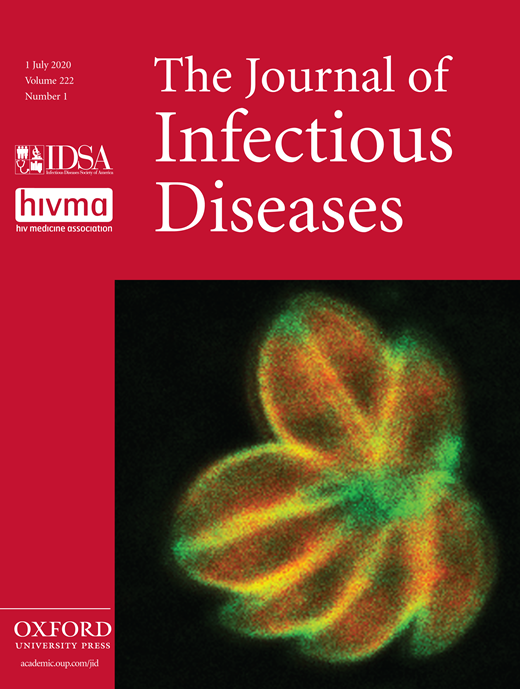
Addressing ethical challenges in US-based HIV phylogenetic research
Abstract
In recent years, phylogenetic analysis of HIV sequence data has been used in research studies to investigate transmission patterns between individuals and groups, including analysis of data from HIV prevention clinical trials; in molecular epidemiology; and in public health surveillance programs.
Phylogenetic analysis can provide valuable information to inform HIV prevention efforts, but it also has risks, including stigma and marginalization of groups, or potential identification of HIV transmission between individuals. In response to these concerns, an interdisciplinary working group was assembled to address ethical challenges in United States-based HIV phylogenetic research. The working group developed recommendations regarding (1) study design; (2) data security, access, and sharing; (3) community engagement; (4) legal issues; and (5) communication and dissemination. The working group also identified areas for future research and scholarship to promote ethical conduct of HIV phylogenetic research.
The full analysis can be downloaded here








